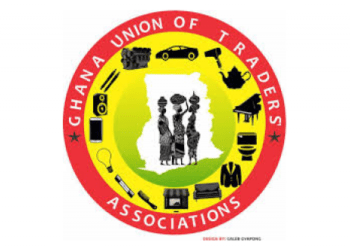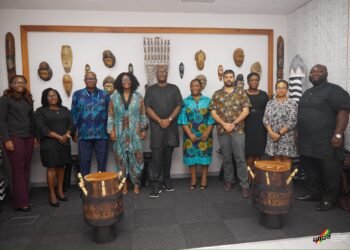The Association of Ghana Industries (AGI) has launched a scathing critique against the Electricity Company of Ghana (ECG) over the disappearance of more than 1,000 containers of imported electrical cables.
The association described the development as both shocking and potentially illegal under Ghana’s local content regulations.
In a strong statement signed by its Chief Executive Officer, Mr. Seth Twum-Akwaboah, the AGI expressed grave concern over the incident, emphasizing that the situation casts a dark shadow over ECG’s commitment to supporting the growth of local industries.
The Association described the unwarranted large-scale imports as a serious affront to Ghana’s Local Content and Local Participation in Electricity Supply Industry Regulations, 2017 (L.I. 2354), a law specifically designed to empower indigenous industries.
“For a state institution that is already saddled with huge debts, this is most unfortunate,” AGI lamented, noting that rumours of the massive importation of materials, particularly aluminium conductors, had circulated for more than a year without clear official action or accountability.
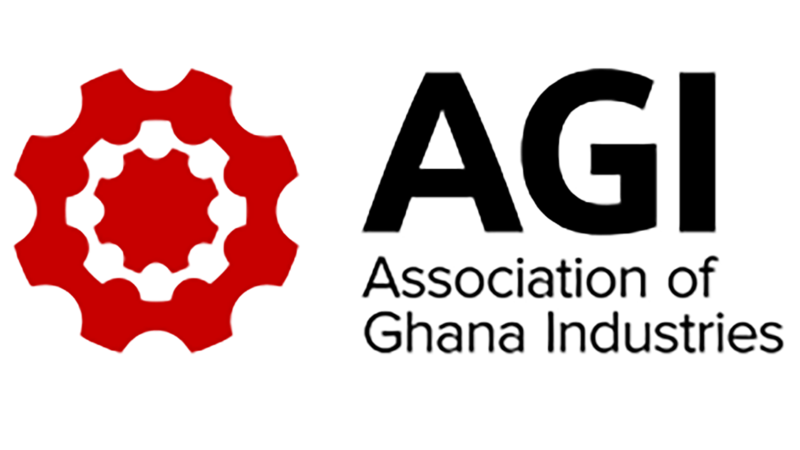
Highlighting the irony of the situation, AGI reminded ECG and the wider public that Ghana currently has the full technical and production capacity to meet 100% of its aluminium conductor needs locally, thanks to a robust industrial base that sources raw materials from the Volta Aluminium Company (VALCO).
In light of this, the Association said, the scale of ECG’s imports was not only unjustified but also unlawful.
“It is sad to note that our local manufacturers of aluminium conductors, who continue to create jobs, are owed huge sums of money, yet importers are promptly paid. Importing such huge volumes breaches L.I. 2354.”
Mr. Seth Twum-Akwaboah, Chief Executive Officer, AGI
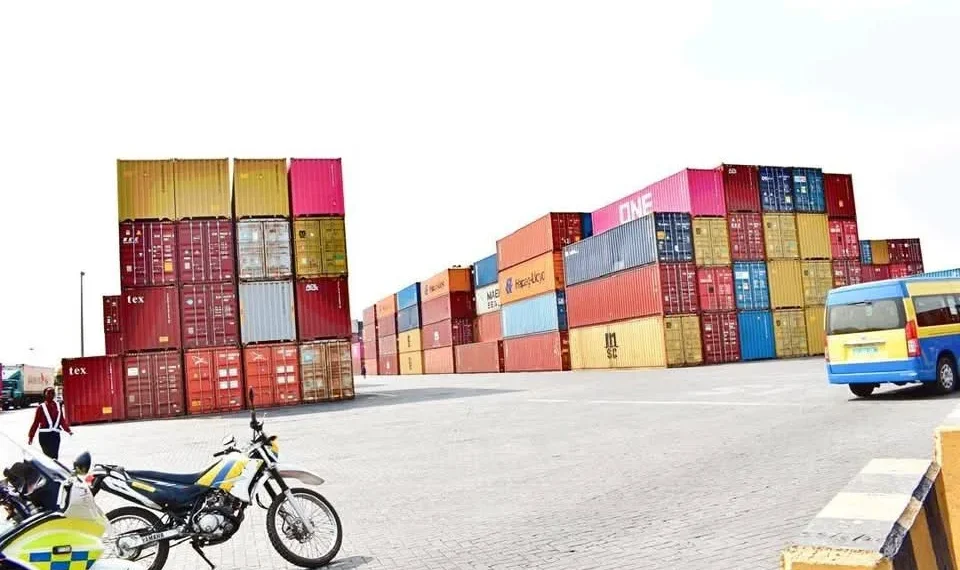
Gross Disregard for Local Businesses
The AGI further condemned what it described as a “grossly unfair” payment structure that privileges foreign suppliers at the expense of local businesses.
AGI warned that the continual disregard for the local content regulations threatens to derail Ghana’s ambitions of becoming an industrialized economy.
“Without rigorous enforcement of significant local content as a strategic option to accelerate economic growth, Ghana’s quest for industrialization cannot be achieved.”
Mr. Seth Twum-Akwaboah, Chief Executive Officer, AGI
The Association also took time to commend ECG’s previous leadership for its efforts in supporting local industries by encouraging the establishment of factories to manufacture aluminium conductors, treat wooden poles, and assemble meters and transformers.

These initiatives, AGI noted, had not only created thousands of jobs but had also set up an impressive model for local vertical integration in the power supply sector—one that could have served as a blueprint for national industrial policy.
However, the Association was quick to warn that these hard-won gains were now at risk. The large-scale importation of conductors and other electrical materials, it said, threatens to unravel years of progress painstakingly made towards building a resilient, locally driven electricity supply chain.
In view of the serious implications of the current situation, AGI called on the Minister of Energy to take swift and decisive action to address the matter.
The Association urged the Minister to investigate the circumstances surrounding the importation and disappearance of the containers and to ensure that those responsible are held accountable.
It further urged the Ministry to prioritize the enforcement of the Local Content and Local Participation Regulations in all state institutions under its jurisdiction.
While acknowledging the ongoing efforts of the Minister of Energy to deal with the situation, AGI stressed that more concrete and visible measures were needed to restore the confidence of local manufacturers and stakeholders in the energy sector.
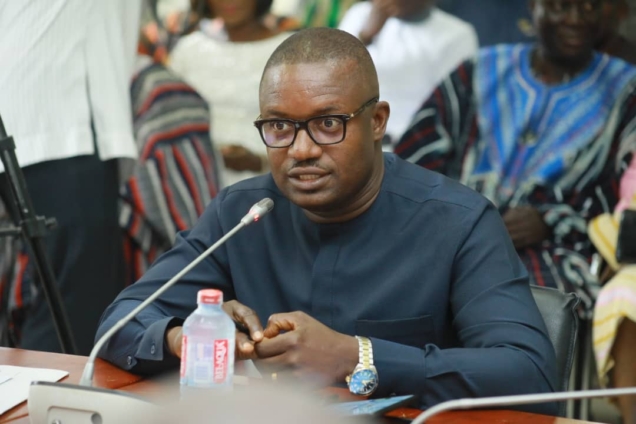
It cautioned that any further complacency could entrench a dangerous precedent where state institutions openly flout local content laws with impunity.
“The dream of industrialisation will remain just that—dream—if state institutions charged with delivering essential services actively undermine local businesses through unwarranted imports”.
Mr. Seth Twum-Akwaboah, Chief Executive Officer, AGI
The Association concluded its statement by reiterating its unwavering commitment to promoting local content across all sectors of the Ghanaian economy.
It expressed hope that through renewed commitment and effective enforcement mechanisms, the country could still protect its budding industries and set a stronger foundation for sustainable industrial growth.
For AGI, the handling of this issue will serve as a litmus test for the government’s broader commitment to supporting local industries and achieving true economic self-reliance.
READ ALSO: Ghana, GAVI Deepen Collaboration to Strengthen Vaccine Support


